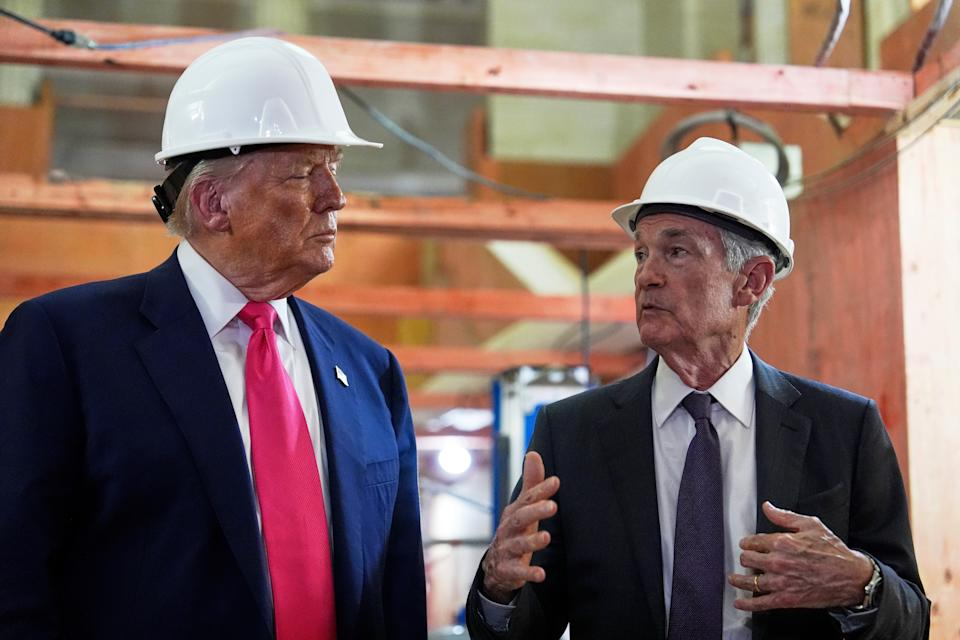
Trump says he will give Putin new 10-12 day truce deadline
Key Points
- Trump's New Deadline: US President Donald Trump has set a new, shortened deadline of 10 to 12 days for Russian leader Vladimir Putin to reach a truce with Ukraine, threatening economic penalties if unmet.**
- Secondary Sanctions Threat: Trump is considering secondary sanctions on countries like India and China that buy Russian exports such as oil, aiming to pressure Moscow by targeting its economic supporters.**
- Growing Frustration: Trump's latest actions reflect increasing impatience with Putin, despite past diplomatic efforts and personal conversations, as Russian attacks on Ukraine continue unabated.**
- Previous Threats Unmet: An earlier 50-day deadline and threats of 100% tariffs on Russia failed to halt the conflict, with Putin intensifying missile and drone strikes on Ukrainian cities.**
- NATO and Allied Support: NATO allies, including Germany, are in talks to provide additional air-defense systems to Ukraine, as Zelenskiy prioritizes protection against Russian attacks.**
Summary
US President Donald Trump has intensified pressure on Russian leader Vladimir Putin by announcing a new 10 to 12-day deadline for a truce with Ukraine, threatening economic penalties if unmet. Speaking in Scotland alongside UK Prime Minister Keir Starmer, Trump expressed frustration with Putin’s refusal to ceasefire, despite previous diplomatic efforts and a failed 50-day deadline set in July. He is now considering secondary sanctions on nations like India and China for purchasing Russian oil, viewing such trade as support for Moscow’s war economy. Trump’s growing impatience is evident as he shifts focus from Ukrainian leader Volodymyr Zelenskiy to Putin, criticizing the latter’s insincerity despite personal conversations. Meanwhile, NATO allies, including Germany, are working to bolster Ukraine’s air defenses with systems like Patriot amid ongoing Russian attacks. Trump’s threats echo Congressional proposals for steep tariffs on countries trading with Russia, though he has previously held off to preserve negotiations. He also highlighted Russia’s potential wealth from resources like rare earths, lamenting its focus on war over prosperity. Despite prisoner exchanges, no progress has been made toward ending the conflict that began with Russia’s invasion of Ukraine in February 2022.
yahoo
July 28, 2025
Stocks


